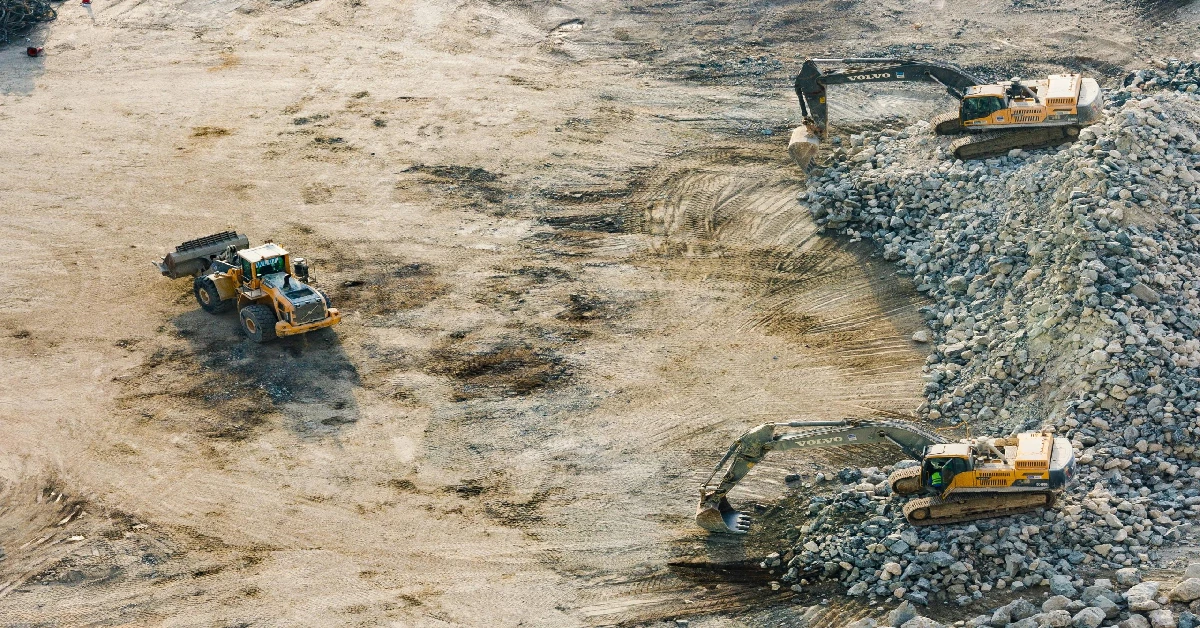A successful tender can open doors to major opportunities for any business. Creating a bid that is not only compelling but also fully compliant with the client’s requirements is essential. In this guide, we’ll dive into the best practices shared by industry experts to help every tender writer improve their craft and maximise their chances of winning the bid.
1. Understanding the Tender Process
For any tender writer, it’s essential to start with a clear understanding of the tendering process. The journey typically includes:
- Pre-qualification: Often a stage where a tender writer demonstrates that their company meets basic qualifications.
- Bid Submission: The actual bid where a tender writer presents how their business can fulfil the client’s requirements.
- Evaluation and Award: Where the client assesses each bid based on compliance, quality, and fit.
Knowing these stages can help any tender writer plan their approach and align their bid with the client’s expectations from the outset.
2. Research and Preparation: A Tender Writer’s Secret Weapon
Every seasoned tender writer knows that research and preparation are critical. Before drafting your bid:
- Understand Client Needs: A tender writer should research the client’s goals, values, and project history. Knowing what the client values can help tailor the bid to meet these priorities.
- Review Tender Documents Thoroughly: A careful review ensures that the tender writer fully understands each requirement, deadline, and submission format.
- Gather Supporting Information: Details about the company’s experience, achievements, and case studies will allow the tender writer to create a comprehensive and appealing bid.
A well-prepared tender writer is better equipped to create a response that aligns closely with what the client needs.
3. Structuring Your Tender for Clarity and Impact
A well-organised structure makes your bid easier to read and demonstrates professionalism. Here’s a clear format every tender writer can follow:
- Introduction: Provide a brief overview of the bid, capturing the client’s interest.
- Methodology: Explain your approach to the project, highlighting unique techniques or innovations.
- Pricing: Be transparent about your costs.
- Unique Value Propositions: Outline what sets your business apart, whether it’s experience, quality, or competitive pricing.
A logical structure allows the tender writer to guide the client through the bid seamlessly, making it easy to find key information.
4. Maintaining a Professional, Clear Tone
A professional tone builds trust and credibility. Tips to keep in mind:
- Be Concise: Avoid jargon and overly complex language. A tender writer should aim to be clear and direct.
- Stay Client-Focused: Rather than listing features, focus on benefits and how they solve the client’s specific needs.
This clear approach helps a tender writer present their business in a way that resonates with the client and feels trustworthy.
5. Highlighting Your Unique Value
Experienced tender writers know that bids are about showing value. Here’s how to emphasise what sets your bid apart:
- Identify Key Differentiators: Are there unique skills, technologies, or resources your company brings to the table? Emphasise these points.
- Explain the Benefits to the Client: A tender writer should focus on benefits over features—how will your approach deliver better outcomes or save costs?
By demonstrating unique value, a tender writer can position their bid as a standout solution that directly addresses the client’s goals.
6. Compliance is Key
Compliance is essential. Even minor mistakes can lead to disqualification. Here’s how a tender writer can stay compliant:
- Follow All Instructions: Adhere to specific formats, word counts, and any required page limits.
- Ensure Documentation is Complete: Make sure all required documents and certifications are included.
- Double-Check Requirements: If anything is unclear, a tender writer should ask for clarification rather than making assumptions.
A compliant bid shows that the tender writer is diligent and committed to meeting every requirement.
7. Proofreading and Reviewing: Ensuring Quality
Accuracy matters. A tender writer should review their work carefully:
- Proofread for Grammar and Readability: Avoid spelling or grammar errors to maintain professionalism.
- Seek a Second Opinion: Another set of eyes can help the tender writer catch any mistakes they might have missed.
- Use Editing Tools: Tools like Grammarly can help polish the writing.
A well-edited submission reflects positively on the tender writer and builds credibility.
8. Adding Visuals to Enhance Readability
Visuals can make a tender writer’s bid more engaging and help clients quickly grasp important points:
- Use Simple Charts for Data: Visuals like charts or tables can make data easier to understand.
- Add Relevant Images: Diagrams and photos can clarify complex concepts and demonstrate your past work.
Adding visuals not only improves readability but also enhances the client’s understanding of your offer.
9. Final Check: Submission Best Practices
Before submitting, a tender writer should complete a thorough review:
- Double-Check Compliance: Ensure that every requirement has been met.
- Organise Attachments: Make sure all required documents are labelled and included.
- Proof of Submission: Retain a copy or receipt of submission for records.
Creating a successful tender requires attention to detail, strategic thinking, and a deep understanding of client needs. By applying these best practices, any tender writer can produce a bid that’s professional, compelling, and highly competitive.
BidBuddy’s expert tender writers are here to help make your next bid a success. Contact us today to work with a team that knows what it takes to stand out and win. Let’s make your next tender count!











